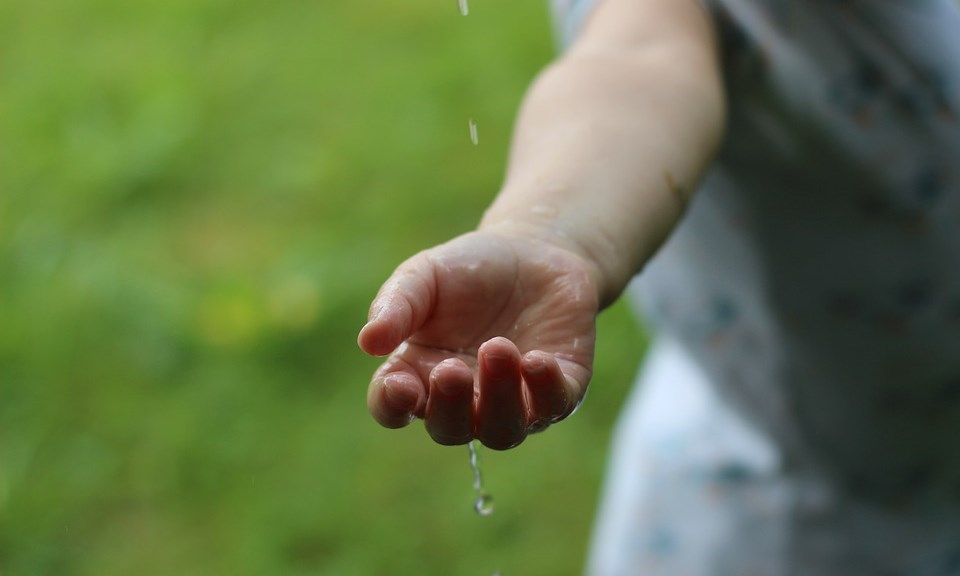
I’ll start with a confession. When a colleague asked me after a meeting of the High-Level Panel on what was then called the ‘Post-2015 Development Framework’ what I thought the chances were of achieving a coherent, actionable set of goals to succeed the Millennium Development Goals, I said “it looks like it’s going to be a Christmas Tree – everyone wants to hang their issues on it, without thinking what it will look like when it’s done”.
Not for the first time, I was wrong. By the General Assembly in 2015, the seemingly impossible had been achieved: UN member states speaking with one voice saying “On behalf of the peoples we serve, we have adopted a historic decision on a comprehensive, far-reaching and people-centred set of universal and transformative Goals and targets”. And it was done with the views of many millions of people directly, and many more through their representatives, at its core.
At today’s UK Stakeholders for Sustainable Development we came back to that central principle: the need to engage people in the delivery of the Goals. As Emily Auckland, the UKSSD Network Director put it, following a presentation by a person telling us the real meaning of the Goals for one person’s life, the SDGs are a lofty framework, about people, and about inclusion.
At the start of 2017, sadly, we know that we are up against harder challenges than we foresaw before the Goals were adopted, with recent events showing us all that our communities are more divided and people more disenfranchised by global agendas than we thought. As John Elkington of Volans illustrated, we are in a U bend - dropping towards the bottom - and we can expect it to take at least 8-10 years to come out of it, but this is nonetheless an opportunity to drive change.
It became clear as the conference went on that much, much more needs to be done. There are many efforts and initiatives to congratulate, but these are only adding up to an incremental approach to system malfunction.
So how do we take on this challenge? Here are three suggestions I heard:
The sheer breadth of the SDGs and their language makes them hard to digest. We need to use human language, with clear specific benefits that speak to the real-world problems people are facing. Simpler actions are needed, simpler objectives set. As Jane Davidson, Director of the Wales Institute for Sustainability pointed out, devolution is an opportunity. Equally, for change driven by local authorities, who are struggling for budgets and needing to show impact, a more local voice can show how local business and individuals can be part of the change.
We need a lot more action from a lot more organisations - collaborative action. And we need take this on expecting and embracing the struggle, friction and energy that comes with creating solutions to tough problems. Our very own Nick Davies from Neighbourly put it this way: we need to take the learning from good initiatives to scale and make the change exponential. Social platforms like Neighbourly can be a part of helping us deliver exponential growth.
And we need you. There was an excellent suggestion from the audience in the final session that if we want personal ownership, we need to do it too, with a personal, family audit of how we live that not only helps us make a difference, but also helps us set out clearer understanding how an individual can be a part of the solution. As another audience member put it, thought leads to action, action to habit, and habit to destiny – and the SDGs are a matter of our shared destiny.
This time next year at the third UKSSD conference I hope we can see how these formative ideas are transforming lives and communities. We now know that we are planning for an uncertain future and the Sustainable Development Goals, and the people-centred, inclusive, approach they offer can help us build out our action plan to respond to this. It’s our responsibility to make this not just a mapping of what we are already doing, but a springboard for a sustainable future.
About Neighbourly
Neighbourly matches charity and community projects with people and companies that can donate time, money or surplus. Get support by creating and sharing a project or give support by following, donating or giving a day to volunteer.
Charities: get your project started here
Businesses: email us about memberships on hello@neighbourly.com
Supporters & volunteers: sign up to be part of the Neighbourly network here